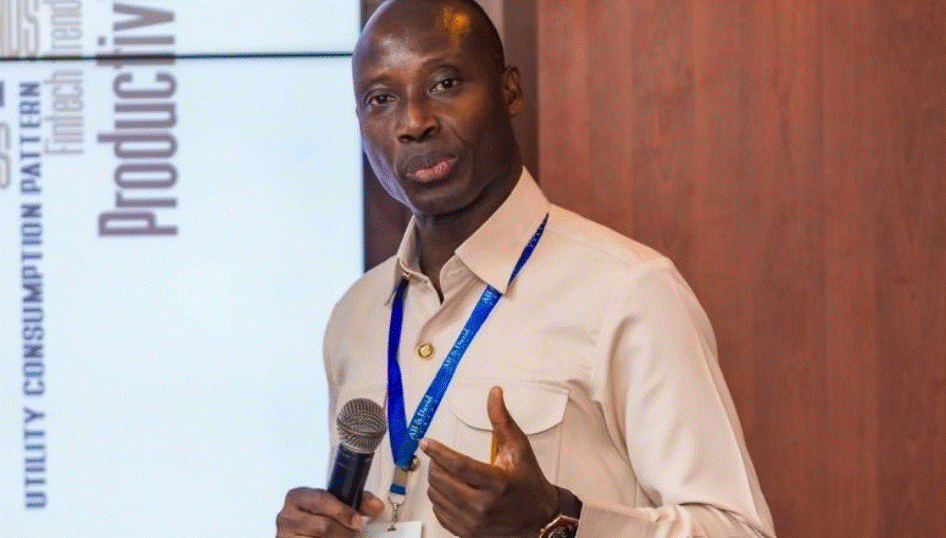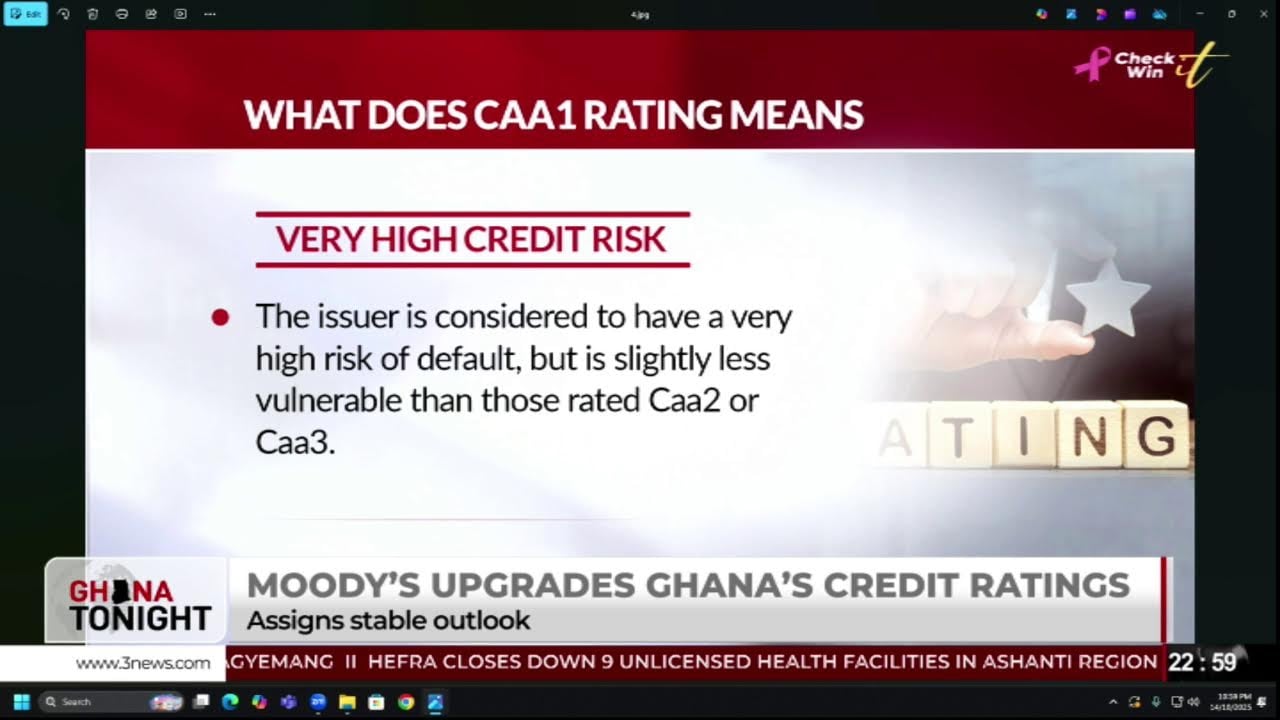
We repeat this Editorial of Friday 16, June 2017, in view of the recent warning by the Ghana National Fire Service about the springing up of buildings over 5 storeys high, and the inability of the Service to combat fires above 5 floors.
At least, 17 people have now been confirmed dead, after firefighters finally managed to bring under control, a blaze that gutted the Grenfell Tower, which has 27 floors, in London. Since the initial toll of 12 deaths has now risen to 17, there is the likelihood that the casualty figures could go up.
The police have sent sniffer dogs into the burnt-out tower to search for more bodies, while structural engineers work to make the building safe for firefighters to search. The search operation could take weeks, according to the Met Commander Stuart Cundy.
The United Kingdom has been going through a lot of troubles in recent times. Within a period of two months, it has experienced two terrorist attacks, which killed a number of people. And whilst licking their wounds, the Grenfell Tower disaster also occurred.
The Chronicle extends its condolences to families of the victims, and wishes the injured ones a speedy recovery. The big question though, is, if the Grenfell Tower incident resulted in the death of 17 people in an advanced country like Great Britain, what would have happened if, God forbid though, we should also experience same at Villagio Tower in Accra?
Because of the rapid expansion of the Ghanaian economy, skyscrapers have started springing up in Accra. These buildings are common in North Dzorwulu, Airport Residential Area, Cantonments, Airport City, and Tetteh Quarshie Roundabout among a host of other places in the capital city. The idea is certainly not bad, because, apart from beautifying Accra's skyline, it helps to also economise the use of land.
Until the refill policy was introduced in Accra, many of the bungalows were sitting on large tracts of land, but now the situation has changed. Plots of land hosting some of these bungalows have been divided and sold. In fact, most of the buildings in the suburbs we have already mentioned would soon give way to high rise buildings.
This shows that the economy is buoyant, and businesses are thriving, but such buildings come at a great cost to the nation.
The Ghana National Fire Service (GNFS), sometime ago, came out strongly against high rise buildings springing up in Accra. According to the service, there is a law that limits the height a building could go in Ghana, but it is being abused with people putting up tall buildings. This is a serious national issue that must be thoroughly debated.
The GNFS,at the moment, does not have a fire tender that can go beyond six floors, and yet we have buildings in Accra that go as high as 20 floors. Should there be a fire outbreak in any of these buildings, the GNFS would have daunting task in fighting it to save lives and property.
To overcome the challenge, The Chronicle is advising the government, through the Ministry for the Interior, to put its house in order by properly equipping the GNFS to rise up to the task.
This means acquiring modern fire tenders that can reach as high as 20 floors. We also need to purchase firefighter helicopters to complement the fire tenders on the ground, and then train the personnel on how to properly handle them.
Unless these preventive measures are put in place, fire outbreaks in any of these high rise buildings in Accra could be a national catastrophe that can never be erased from the memory of Ghanaians.
Whether the owners of these buildings breached the law, as the GNFS is saying, or not, the bottom line is that the buildings have been constructed and cannot be pulled down. That is why we are suggesting to the government to prepare herself to handle the situation. What has happened in London is food for thought for Ghanaians.
Read Full Story























Facebook
Twitter
Pinterest
Instagram
Google+
YouTube
LinkedIn
RSS